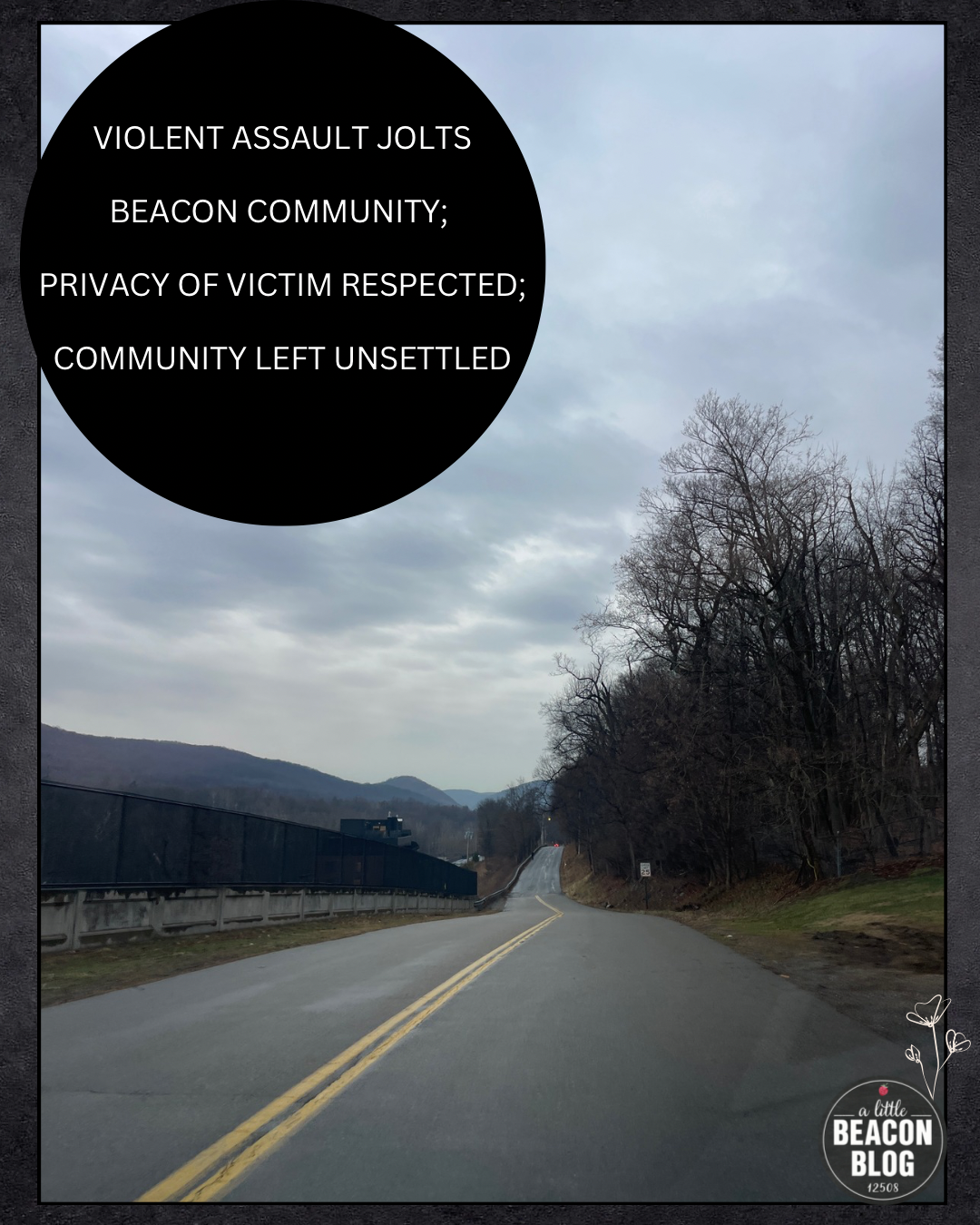Nadia, A Tiger At The Bronx Zoo, Tests Positive For COVID-19
/Photo Credit: Wildlife Conservation Society
As reported by Gothamist and released by the Wildlife Conservation Society’s Bronx Zoo in New York today, the 4-year-old Malayan tiger, Nadia, has tested positive for COVID-19. According to the press release: “She, her sister Azul, two Amur tigers, and three African lions had developed a dry cough and all are expected to recover.” These tigers live in the Tiger Mountain exhibit at the zoo.
While the zoo has been closed since March 16, 2020, the big cat was infected by her human caregiver. According to the WCS statement: “Our cats were infected by a person caring for them who was asymptomatically infected with the virus or before that person developed symptoms. Appropriate preventive measures are now in place for all staff who are caring for them, and the other cats in our four WCS zoos, to prevent further exposure of any other of our zoo cats.”
According to the WCS, the positive COVID-19 test was confirmed by USDA’s National Veterinary Services Laboratory, based in Ames, Iowa. Other big cats also living in Tiger Mountain have not shown symptoms, which include one male Amur tiger and a Malayan tiger and two Amur tigers.
In terms of symptoms, the infected big cats have a decrease in appetite, but are otherwise bright, alert and interactive with their caregivers. Says the WCS: “It is not known how this disease will develop in big cats since different species can react differently to novel infections, but we will continue to monitor them closely and anticipate full recoveries.”
Several organizations were involved with the testing effort, named in the press release: “We are grateful for the cooperation and support of the New York State Diagnostic Laboratory at Cornell University and the University of Illinois College of Veterinary Medicine Veterinary Diagnostic Laboratory, where the initial COVID-19 testing of samples from the tiger were performed; the USDA National Veterinary Services Laboratory where confirmatory testing was conducted; USDA Animal and Plant Health Inspection Service; and the New York and Illinois State Veterinarians and the New York City Department of Health and Mental Hygiene for their assistance.”








































